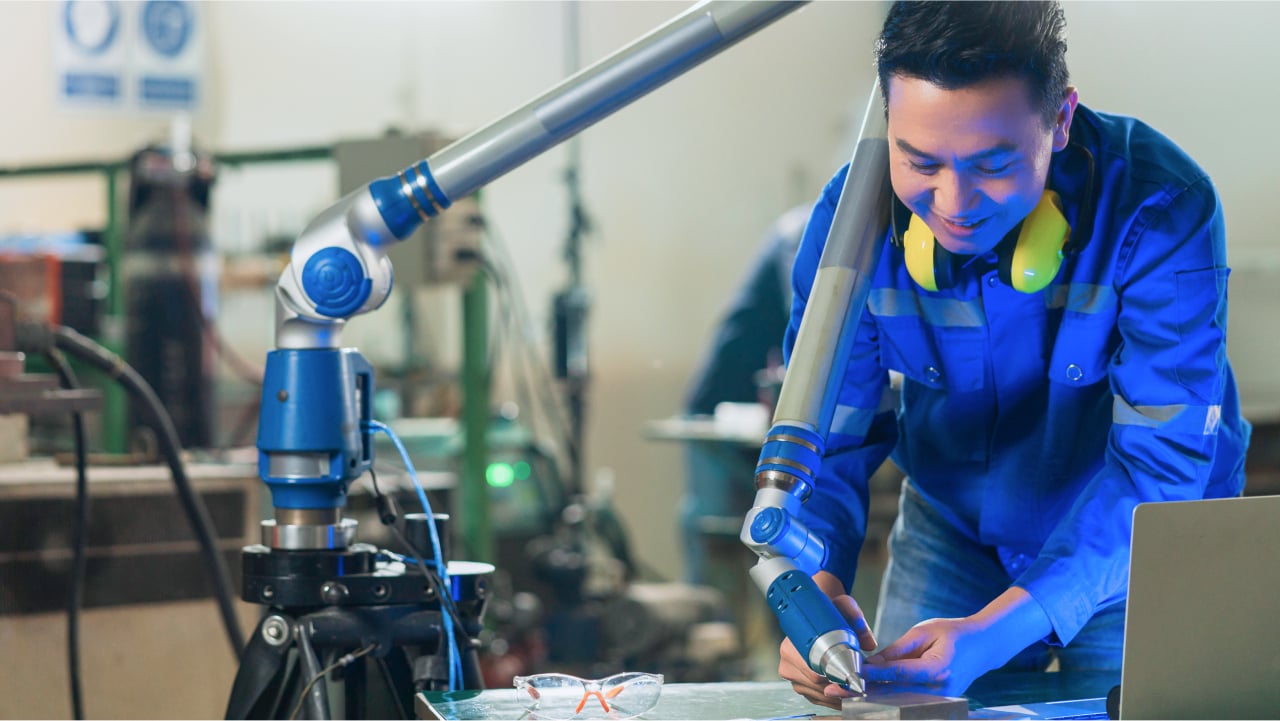The Robotics and Automation profession

The robotics and automation industry is a sector that supports various manufacturing industries by enhancing technology and improving production efficiency. This industry addresses the issue of labor shortages, which are expected to intensify in the future. It is one of the 10 target industries, or S-Curve, driving the economy toward the future, which includes both the five existing industries with potential for growth (First S-Curve) and the five new industries (New S-Curve). The National Qualification Framework is a crucial aspect that affects many stakeholders, especially at the policy level, involving the Ministry of Education and the Ministry of Labor, as they are responsible for producing and developing the workforce. It also impacts learners, who are directly affected, as well as employers, who reflect the demand for labor. Employers, establishments, professional associations, and professional groups are responsible for developing Occupational Standards in both the manufacturing and service sectors. The National Qualification Framework sets guidelines for linking qualification systems at all levels and types in the country through processes of education, training, testing, assessment, and the evaluation of both learning and work competencies. This framework also includes Recognition of Prior Learning (RPL) to accumulate learning credits based on standardized curriculum, which leads to the enhancement of Professional Qualifications and the improvement of work competencies, contributing to a quality workforce that aligns with the labor market's needs. This, in turn, supports the economic and social development of the country, increases educational opportunities (Widening Education Participation), and promotes lifelong learning for the workforce. The establishment of a system for workforce development to enter professions with consistent standards is achieved by using Occupational Standards and Professional Qualifications as the core foundation for defining curricula in both the education sector and industry training programs, as well as other curricula for workforce development. In the field of robotics and automation, the professional occupations that serve as the foundation for curriculum development to enhance the workforce in this industry include professions such as Mechatronics Technician, Robotics Controller Technician, Robotics Technician, Robotics Systems Technician, and Manufacturing System Integrator. Therefore, guidelines for curriculum development and teaching management have been established, utilizing the Occupational Standards and Professional Qualifications from the Thailand Professional Qualification Institute (Public Organization) as the basis for drafting new curricula that align with Occupational Standards and the growing needs of the industry. For more information about Occupational Standards in the Robotics and Automation profession, visit: http://tpqi-net.tpqi.go.th/home/occ/industrialInfo/RAC




